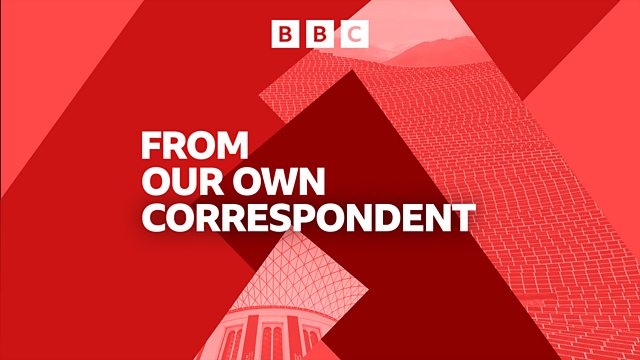Sri Lanka and Greece
Alan Johnston with despatches from ÃÛÑ¿´«Ã½ correspondents Charles Haviland, who sees lasting scars of war in northern Sri Lanka, and Mark Lowen, escaping Athens' traffic gridlock despite a taxi strike.
Alan Johnston introduces the stories behind the headlines, from ÃÛÑ¿´«Ã½ correspondents around the world. In this edition, Charles Haviland finds lingering trauma and the scars of war still visible in northern Sri Lanka, while Mark Lowen beats the Athens traffic gridlock, despite a taxi drivers' strike.
After the war is over
As the fighting in Sri Lanka's decades-long civil war drew to an endgame in spring 2009, the country's army forced the Tamil Tiger rebels to retreat. And as the Tigers pulled back across the north of the island, they took many civilians with them. These people were then caught up in the worst of the fighting, when the rebels were cornered and destroyed in a final, bloody battle.
Since then, many of those civilians who survived have been returning to their homes. Charles Haviland has been talking to them about what they've been through.
Greek gridlock
Just recently the European Union agreed to lend Greece another great chunk of money - more than $150bn - to try and stave off economic collapse. But even that vast sum might not be enough. Analysts continue to take the bleakest view of the state of the Greek economy.
Away from the money markets and the world of high finance, Mark Lowen has been finding out what Greece's plight really means for life on the streets of Athens - and how Greece's government is caught between the will of the EU, and that of its own electorate.
Last on
More episodes
Previous
Broadcasts
- Fri 29 Jul 2011 07:50GMTÃÛÑ¿´«Ã½ World Service Online
- Fri 29 Jul 2011 10:50GMTÃÛÑ¿´«Ã½ World Service Online
- Fri 29 Jul 2011 15:50GMTÃÛÑ¿´«Ã½ World Service Online
- Fri 29 Jul 2011 18:50GMTÃÛÑ¿´«Ã½ World Service Online
- Sat 30 Jul 2011 03:50GMTÃÛÑ¿´«Ã½ World Service Online

